INTRODUCTION
It is now commonly argued that we are living in the geological age of the Anthropocene. This is the age when humanity is considered to be the dominant force that shapes the planet, just as other forces shaped the planet in earlier times, like glacial ice shaping the Pleistocene (between 2.5 million and 11,000 years ago) and warmer climate conditions shaping the Holocene, the past 10,000 years of planetary history during which permanent human settlements and agriculture begin.
What the concept of the Anthropocene neglects, however, is that not all human activities have equal impact on the planet. 71 percent of all carbon emissions, for instance, which are the major factor in the current situation of human-made global warming, are linked to the economic interests of only 100 corporations.[i] According to the Intergovernmental Panel on Climate Change, between 1988 and 2016, the fossil fuel industry has emitted as much greenhouse gas as in the previous 237 years since the beginning of the industrial revolution. By comparison, according to some studies, if all Americans eliminated meat from their diet, this would reduce U.S. greenhouse gas emissions by 2.6 percent.[ii] While this is not an insignificant number, many concerned groups that include faith communities appear to be more aware of the problems of consuming meat than of the role of capitalism in climate change. Thus, instead of talking about the Anthropocene, it has been suggested by sociologist Jason Moore and others that we should talk about the Capitalocene, which is the geological age when the interests of big money are shaping the planet in unprecedented ways.[iii]
But why should scholars of theology and religion care about these developments? The Capitalocene, as I am arguing in my book Theology in the Capitalocene: Ecology, Identity, Class, and Solidarity,[iv] is not just a matter of economics and politics; rather, it shapes and affects everything. While the Capitalocene is the major factor in climate change,[v] it also shapes humanity, the way we relate to each other, the way we think, and even our most deeply held religious beliefs. This is where the work of scholars of theology and religion becomes especially relevant and where they can make much-needed contributions.
To be sure, some of this shaping of theology and religion happens by default. The logic of big money sneaks into images of God, although this is often overlooked, for instance when God is envisioned as a heavenly CEO or an autocrat in the sky. Such images are widespread and are often held unconsciously rather than consciously. What makes them problematic and even dangerous is that they prevent alternatives from taking root in the religious imagination, for instance images of God as a collaborator with humanity, which are actually quite common in many religious traditions. In addition to the logic of big money shaping religious imagination, this logic also infuses personal communal relationships at the core of religion, for instance when others are evaluated according to their supposed “market value,” which includes individual friendships, intimate relationships, and even whole faith communities.[vi]
While some of this shaping happens by default and unintentionally—material reality shapes human life and faith whether we like it or not—some of it happens intentionally and is worth investigating further here. In the following we will a closer look at ecology, which has become a major battle ground, as climate change is one of the major challenges of our time, threatening the future of many life forms on planet Earth, including humanity as we know it. Responses to climate change, even when they acknowledge its significance of and seek to redress it, are not innocent but are often shaped by the dominant interests. For example, when the general publics in the United States and in Europe acknowledge climate change (in the United States, there are also large numbers of climate change deniers), responses often focus on the carbon footprint of individuals. This does not happen by default. Emphasis on individual responsibility for climate change is supported by so-called “carbon footprint calculators,” which estimate personal CO2 emissions and are broadly promoted and widely available on the internet. While this approach may seem innocent, consider the fact that the terminology of carbon footprint and the respective calculators can be traced back to the fossil fuel industry,[vii] which started to promote them in the early 2000s in order to direct attention away from corporate interests.
Another example of how dominant interests in the Capitalocene shape responses to climate change and other ecological interests is the blaming of consumers. This is a common approach in many faith communities, reflected in the work of many ecological theologians, even when they engage the economic underpinnings of climate change.[viii] Of course, the increased consumption of often short-lived disposable goods and material things adds its own challenges to the ecological crisis by contributing to rising CO2 emission levels, pollution, and growing garbage heaps. But blaming consumers hides and obscures the fact that the global capitalist economy depends on economic growth and increased production, which is supported by publicity and advertising campaigns, due to the fact that human desire is not infinite, as is often mistakenly assumed. People only desire so many chocolate bars, shoes, or rugs, and at some point consumption tapers off. What matters most in campaigns to increase consumption, therefore, is not primarily the material object but non-material feelings of love, acceptance, safety, and so on that reach farther. In other words, blaming consumers for what is sometimes called “materialism” (wanting more and more stuff) neglects the dominant powers at work in the Capitalocene that produce desires. And it covers up the fact that attention to material realities—some of it now happening in what has been called “New Materialism”[ix]—is actually helpful and at the heart of many religious traditions, including the Jesus movement, which sought to bring “good news to the poor” (Matt 11 and Luke 4).
In the world of Christianity, the Capitalocene also factors in the often-observed shift to the right. Since the 1930s and 1940s, big money has systematically invested in conservative Christianity in the United States,[x] with repercussions around the world. The evangelistic enterprises of Billy Graham, situated in the heart of U.S. Evangelical Christianity but highly effective globally, are only the tip of the iceberg.[xi] In the process, conservative Christianity itself has become more conservative. The values that people perceive to be “traditional” are frequently not preserving the past but the interests of big money, for instance by shifting attention from corporate interests (and climate change) to so-called family values that often tend to be more restrictive than even the family values of the 1950s. Examples for this money-infused traditionalism include the subordination of women in the nuclear family, the restrictions on abortion, stereotyping men and women according to their shifting roles in capitalism, and the multiple hierarchies of the capitalist workplace, all of which are considered God-given to such a degree that they are assumed to be natural.
ENGAGING THE CAPITALOCENE AS SCHOLARS OF THEOLOGY AND RELIGION
In the face of these massive challenges, engaging ecology and religion from the perspective of the Capitalocene is crucial if we want to make a difference. This brings us to a fundamental problem that is virtually taboo and, like taboos in general, directs us back to questions at the heart of religion.
Let’s take another look at CO2 emissions, which are the main cause of climate change, as 97 percent of scientists now agree.[xii] Even when the fundamental relation of climate change and CO2 emissions is recognized, dominant conversations about emissions tend to neglect the fact that emissions are the result of the extraction of fossil fuel and coal, which is related to capitalism’s foundation in relationships of exploitation of people and the planet. In the COP-21 Paris Agreement, for instance, there is frequent reference to emissions but no reference to extraction.[xiii]
This particular neglect of the extraction of fossil fuel and coal, which is at the heart of how the Capitalocene perpetuates itself, also tends to neglect the fact that the methods and conditions of extraction are determined by the interests of capital rather than by the human communities that are most affected by these activities. One example is the practice of “fracking,” also known as hydraulic fracturing by which fluids are injected into the ground with high pressure to force open existing fissures in subterranean rocks to extract oil or gas. This method of extraction, increasingly used by the fossil fuel industry in order to access deposits that were previously inaccessible, uses up natural resources like water, which are often scarce, leads to the leak of massive amounts of methane gas that further accelerates global warming, produces cancer-causing pollution due to the heavy use of chemicals, and destabilizes tectonic plates leading to increased earthquake activity.[xiv] It is not hard to see who the winners and the losers are in this relationship, as the interests of capital typically triumph over the interests of people. Even the well-being of workers, who tend to earn better-than-average wages in the fracking industry, is impacted negatively.
The forces that extract fossil fuel and coal from the planet are inextricably linked to the forces that exploit human labor, another matter that is typically neglected when CO2 emissions are the sole focus of debate. More precisely, the forces that extract at the expense of planetary well-being are the same forces that exploit at the expense of human well-being. Exploitative labor relations are still at the core of the capitalist enterprise, often covered up by increased attention to the exploits of financial capitalism that are discussed even in theological circles.[xv] Note that this kind of exploitation is not a matter of “greed” or other moral failures of corporations and their leadership—exploitation is based on the economic principle of corporations being expected and often required by law to work for the benefit of their shareholders at the expense of their workers and the environment. This is one of the reasons why at the Wendland-Cook Program in Religion and Justice at Vanderbilt we try to keep matters of ecology and the economy—exploitation and extraction—together.[xvi]
In these dynamics, religion is not just a sideshow. Christianity for instance, it has been argued consistently for over 50 years, has contributed to the deterioration of the climate in its own ways. Examples include an exclusive focus on humanity and troubled understandings of its “dominion” (Genesis 1:26) of the earth, as well as an otherworldly focus that does not seem to care about material reality. While this is not true, of course, for all of Christianity, there is a real problem with many of the dominant forms of Western Christianity, traces of which can also be found in the anthropocentrism of Western science and the humanities. This was one of the central points of historian Lynn White’s influential essay from the 1960s, which is still routinely quoted, especially by those who understand the current age in terms of the Anthropocene.[xvii]
But more is at stake than anthropocentrism, as Christianity (by supporting the logic of the Capitalocene) also supports extractive and exploitative relationships not only of the earth but also of the majority of its people. Anthropocentrism, even in its Christian forms, never puts the interests of all of humanity at the center—it promotes almost exclusively the concerns of the privileged few. At the most basic level, Christianity contributes to extraction and exploitation when conversations about extraction and exploitation that are at the heart of the Capitalocene are rendered taboo. Even in theological education today, conversations about labor relationships, class, and the inner workings of capitalism are still quite rare and, when they happen, are met with considerable pushback. This is perhaps best seen in what I have called the “long silence” of discourses on social class and labor relations in the field of theology.[xviii] But there are also other examples where Christianity actively supports the logic of the Capitalocene, for instance in the so-called “Gospel of Prosperity,” where capitalist principles of prosperity are promoted in a kind of “winner-takes-all” mindset that is quite contrary to the communal prosperity promoted by the Abrahamic traditions of the Exodus from Egypt, the Hebrew prophets of the eight century B.C.E., as well as the Jesus movement that marks Christianity. Note that the problem with this Gospel of Prosperity is not its concern for prosperity and material things—Jesus was concerned about that as well—but the kind of prosperity that is promoted here that benefits the few rather than the many.
Any quest for alternatives needs to consider this history so as not to end up promoting solutions that further perpetuate the problems we are facing. Common Christian ideas like “creation care,” for instance, ignore relations of extraction and exploitation and would need to be deepened by questions such as why creation is not being cared for, who benefits from this lack of care, and how the most significant damage to creation is done. The same is true for widespread Christian calls for the “protection of creation,” the “restoration of creation,” or “environmental stewardship,” all of which tend to be complicit in ignoring fundamental relationships of extraction and exploitation.
If there is indeed a connection between climate change, religion, and the Capitalocene, solutions can only be developed if the three are addressed together. For people of faith, this means not only deepening concerns about climate change but also addressing its causes at deeper levels. Christianity has a special responsibility in this regard, as it developed in close relation to capitalism, but other religions are not off the hook, as many of their contemporary forms are often closely linked to capitalism as well, like forms of Buddhism employed by multinational corporations for their own purposes, or the many prominent forms of religious nationalism around the world that include examples from Christianity, Islam, and Hinduism. At the same time, however, where religion is supporting the dominant status quo, alternatives tend to exist as well, which are often overlooked. In Christianity, for instance, these alternatives tend to manifest themselves in resistance movements and lived alternatives that can be found even in the United States, which is still the epicenter of neoliberal capitalism.
The first step in the formation of alternatives is an engagement with the logic of capital that drives extraction and exploitation. While economists can provide some insights, scholars of religion and theology have a particular role to play here due to how deeply our disciplines and our communities have been shaped by the dominant reality. Yet, since ideas are always linked to material realities, this engagement needs to be developed in terms of actual realities on the ground. Scholars of theology and religion will do little good if they assume, they can do their work without material engagement in emerging alternatives, pulling their ideas out of a metaphysical hat as it were or from the lofty heights of their imaginations.
This is why, in the Wendland-Cook Program in Religion and Justice at Vanderbilt University, we developed the so-called solidarity circles.[xix] The basic principle of these solidarity circles is that religious communities can only be formed and transformed in relationship with the solidarity and cooperative economy, and that religious communities that operate in solidarity and cooperatively can help reshape the fundamental economic relationships that rule in the Capitalocene. What are finding is that connecting communities with developments in the solidarity economy, especially with worker cooperatives, fundamentally changes life in the Capitalocene.[xx] Worker cooperatives might be considered a substantial first line of defense against the logic of extraction and exploitation, as they reverse the fundamental relationships of exploitation on which capitalism rests.[xxi] Whereas capitalist enterprises are based on siphoning off the surplus produced by working people, sending it to investors at the top, worker cooperatives reclaim the surplus produced for working people and their communities, developing democratic relationships at work where they are usually absent even in countries that are proud of their political democracies. The surplus produced by working people, as well as the profit that goes along with it, can now be reclaimed by the community. This fundamentally reshapes the production of surplus and profit itself and makes it less extractive and exploitative, as democratic structures at work benefit not only the common good but also the environment in which surplus and profit are being produced. When the flourishing of all is at the heart of economic relations, the logic of extraction can be transformed into a mutual relationship of give-and-take, where both the agency of the working majority and the agency of nature itself can be acknowledged, appreciated, and honored. Human labor and other-than-human labor can now work hand-in-hand (or hand-in-paw, or hand-in-branch).[xxii]
These dynamics also capture what in the past I have called the “theological surplus,” an understanding of the work of theology that reshapes the work of scholars of theology and religion in the Capitalocene.[xxiii] My basic point is that this theological surplus does not fall from the sky or arrive on the clouds of theological ideas but emerges as communities work out their liberation and salvation (which may be turn out to be the same thing) “with fear and trembling,” as Paul famously put it in Phil. 2:12. Here, images of God can be expected to change from a hierarchical manager to a collaborator, for this God is, as Paul continues in the next verse (Phil. 2:13) “at work in you”—i.e. in those who engage in the processes of liberation. Note that such images of God as worker rather than as autocratic dictator pick up the wealth of images in the Hebrew Bible that depict God in images of working people doing menial labor, including the work of women such as cooking, cleaning, sewing, sowing, planting, pottery, and so on.[xxiv]
CONCLUSIONS
The work of theology and religion that has been described here begins at the bottom, forging deeper connections with those who are most affected by relationships of extraction and exploitation, both human and other-than-human. This is where the production of any surplus is anchored in the Capitalocene, for good or for ill, and this is where the power to change things needs to be reclaimed. There is some real power here that can be organized, as the complex histories of various labor movements show that are of course not without their own glitches. Recall that no employer could ever say that only a dead worker is a good worker.
For people of faith, this means aligning ourselves with the power of working people, who constitute the majority of humanity as well as the majority of people of faith. Even in the wealthy countries of the North, 99 percent of the population have to work for a living, and wealth is produced on the back of the working majority which, particularly in the United States, often has difficulty making ends meet.[xxv] It also means aligning ourselves with the power of the earth that continues to produce resources sustainably, even though this topic could not be developed in greater detail here. And, finally, for people of faith this means aligning ourselves with the power of the divine that all three Abrahamic traditions—Judaism, Christianity, and Islam—often envision in terms of the creativity of working people (God shaping Adam from clay and planting a garden, Genesis 2:7-8, with parallels in the Qur’an) and the planet (the productive capacities of water and the earth are noted in Genesis 1:20, 24), as well as unapologetically taking the side of the slaves in the Exodus from Egypt. Pulling together these various forces is not optional if the challenges are so big, but this is how the world has been changed before.
Dr. Joerg Rieger is the Founding Director of the Wenfland Cook Program in Religion and Justice at Vanderbilt Divinity School, USA.
[i] Riley, Tess. 2017. “Just 100 Companies responsible for 71 Percent of Global CO2 Emissions, Study Says.” The Guardian, July 10. https://www.theguardian.com/sustainable-business/2017/jul/10/100-fossil-fuel-companies-investors-responsible-71-global-emissions-cdp-study-climate-change.
[ii] Griffin, Paul. 2017. “The Carbon Majors Database: CDP Majors Report” (July), https://cdn.cdp.net/cdp-production/cms/reports/documents/000/002/327/original/Carbon-Majors-Report-2017.pdf?1501833772, reporting on the percentage of CO2 emissions today and since 1988. See also the related fact check: https://fullfact.org/news/are-100-companies-causing-71-carbon-emissions/. Brett Clark and Richard York, 2005, “Carbon Metabolism: Global Capitalism, Climate Change, and the Biospheric Rift,” Theory and Society 34:4 (August 2005), 391–428, also report that, according to the Intergovernmental Panel on Climate Change, the amount of CO2 in the atmosphere has risen by 31 percent since the onset of industrialization, and half of that increase happened between 1965 and 1995. Regarding meat consumption, see Frank M. Mitloehner, “Yes, Eating Meat Affects the Environment, but Cows are not Killing the Climate.” The Conversation, October 25, 2018, https://theconversation.com/yes-eating-meat-affects-the-environment-but-cows-are-not-killing-the-climate-94968.
[iii] Jason W. Moore, Jason W., 2016. “Anthropocene or Capitalocene? Nature, History, and the Crisis of Capitalism,” in Anthropocene or Capitalocene? Nature, History, and the Crisis of Capitalism, ed. Jason W. Moore. Oakland, CA: PM: 1–12.
[iv] Rieger, Joerg. 2022. Theology in the Capitalocene: Ecology, Identity, Class, and Solidarity, Dispatches. Minneapolis: Fortress Press.
[v] James Plested, James. 2020. “Capitalist Roots of the Environment Crisis,” Climate and Capitalism, February 17. https://climateandcapitalism.com/2020/02/18/capitalist-roots-environment-crisis/.
[vi] See Rogers-Vaughn, Bruce. 2017. Caring for Souls in a Neoliberal Age, New Approaches to Religion and Power. New York: Palgrave Macmillan.
[vii] Yoder, Kate. 2020. “Why Do Oil Companies Care So Much about Your Carbon Footprint,” Mother Jones, August 31. https://www.motherjones.com/environment/2020/08/why-do-oil-companies-care-so-much-about-your-carbon-footprint/#:~:text=BP%20is%20near%20the%20top%20of%20the%20list,is%20now%20reckoning%20with—or%20at%20least%20acknowledging—that%20legacy.
[viii] When theologians have engaged economic underpinnings of ecological destruction, consumption has often been the primary target. Sallie McFague, one of the earliest ecotheologians, has focused on consumerism, correcting her prior assumption that the problem of ecological destruction is not a lack of love of nature but the temptation of overconsumption. McFague, Sallie. 2001. Life Abundant: Rethinking Theology and Economy for a Planet in Peril. Minneapolis: Fortress: 33. The works of ethicists Cynthia Moe-Lobeda and William T. Cavanaugh emphasize consumption in different ways as well.
[ix] See, for instance, Vinayaraj Y.T., ed., 2022. “New Materialism, Religion, and Theology: Movements Matter,” in: Religion and Society. Bangalore, India: Christian Institute for the Study of Religion and Society CISRS: 161-179.
[x] See Kruse, Kevin M., 2015. One Nation under God: How Corporate America Invented Christian America. New York: Basic Books.
[xi] For some background on Graham and another leading figure in these developments, Abraham Vereide, see Kruse, One Nation Under God, 35-64.
[xii] Cook, John, et al., 2016. “Consensus on Consensus: A Synthesis of Consensus Estimates on Human-Caused Global Warming,” Environmental Research Letters 11:4 (April 13), https:// iopscience .iop .org/ article/ 10 .1088/ 1748 -9326/ 11/ 4/ 048002.
[xiii] https://unfccc.int/process-and-meetings/the-paris-agreement. See also Terra Schwerin Rowe, Terra. 2023. Of Modern Extraction: Experiments in Critical Petro-Theology. London: T&T Clark.
[xiv] Melissa Denchak, Melissa. 2019. “Fracking 101,” April 19. Natural Resources Defense Council, https://www.nrdc.org/stories/fracking-101.
[xv] See, for instance, Kathryn Tanner, Kathryn. 2019. The New Spirit of Capitalism. New Haven, CT: Yale University Press; and Harvey Cox, Harvey. 2016. The Market as God. Cambridge, MA: Harvard University Press. There is little attention to labor in these projects.
[xvi] See, for instance, https://www.religionandjustice.org/interventions-forum-climate-change-and-capitalism.
[xvii] White, Lynn. 1967. “The Historical Roots of Our Ecologic Crisis,” Science 155:3767. March 10.
[xviii] See Jeger, Joerg., ed. 2013. Religion, Theology, and Class: Fresh Engagements after Long Silence. New York: Palgrave Macmillan.
[xix] For more information, see https://www.religionandjustice.org/solidarity-circles.
[xx] See the faith and coops toolkit of the Southeast Center for Cooperative Development: https://www.co-opsnow.org/tool-kit.
[xxi] See, for instance, Henkel-Rieger, Rosemarie. 2023. “Environmental Justice from a Cooperative Perspective,” March 23. https://www.religionandjustice.org/interventions-forum-ecology-alternatives.
[xxii] Tori B. Powell, Tori B., 2022. “From Pest to Protector: How Beavers Are Helping to Fight Climate Change,” CBS News, August 31. https://www.cbsnews.com/news/california-utah-scientists-beavers-fight-climate-change/.
[xxiii] See Joerg Rieger, Jeorg. 2007. Christ and Empire: From Paul to Postcolonial Times. Minneapolis: Fortress Press.
[xxiv] See Banks, Robert. 2008. God the Worker: Journeys into the Mind, Heart, and Imagination of God. Eugene, OR: Wipf and Stock Publishers.
[xxv] Even the middle class is increasingly facing economic hardship and a loss of whatever power it once seemed to have. This is particularly true in the United States but also in most of the other so-called “developed countries.” See chapter 3 of Rieger, Theology in the Capitalocene.
Become a member
Get the latest news right in your inbox. We never spam!

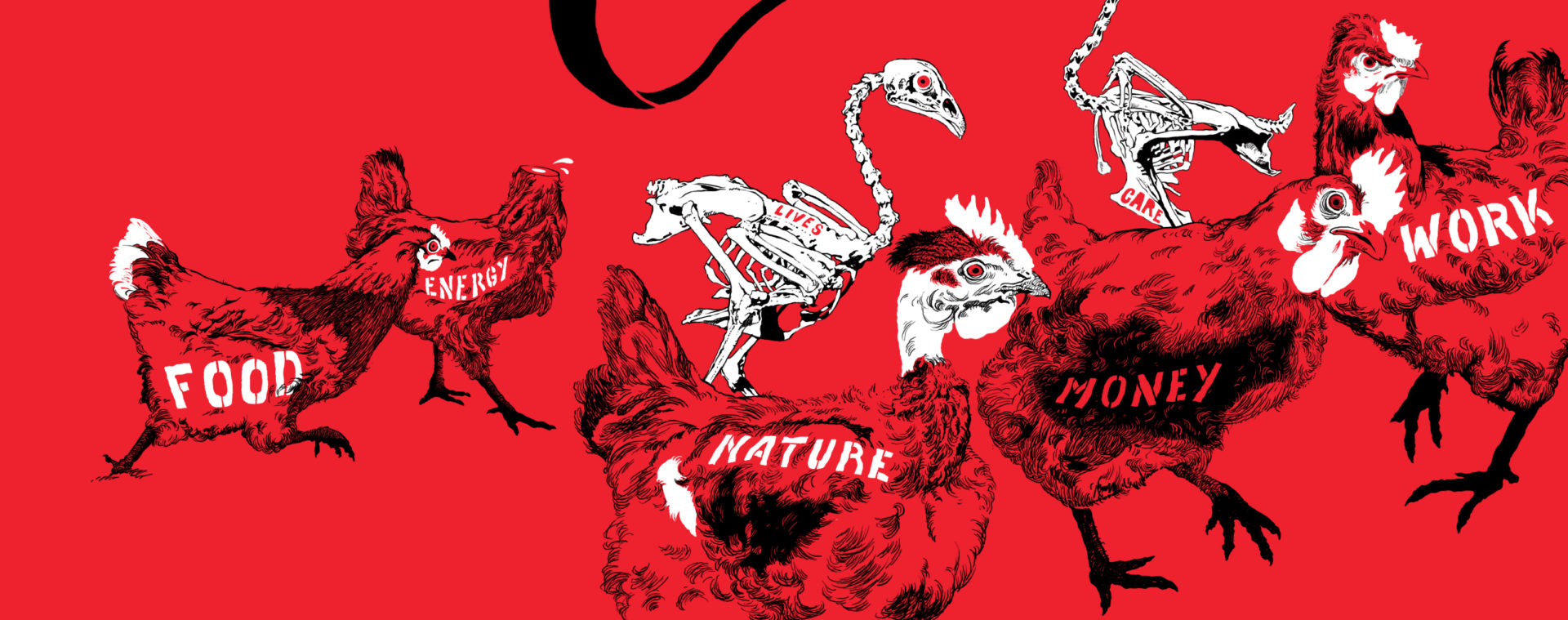



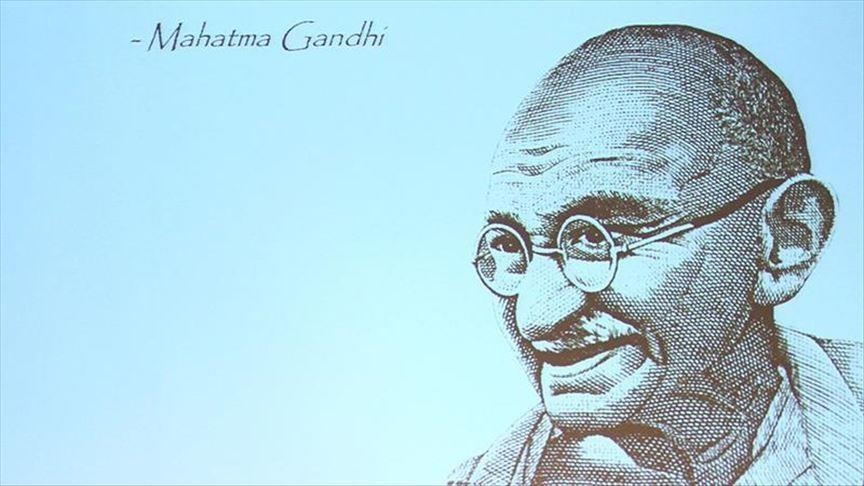
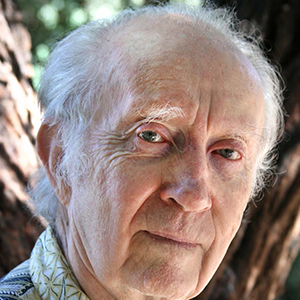

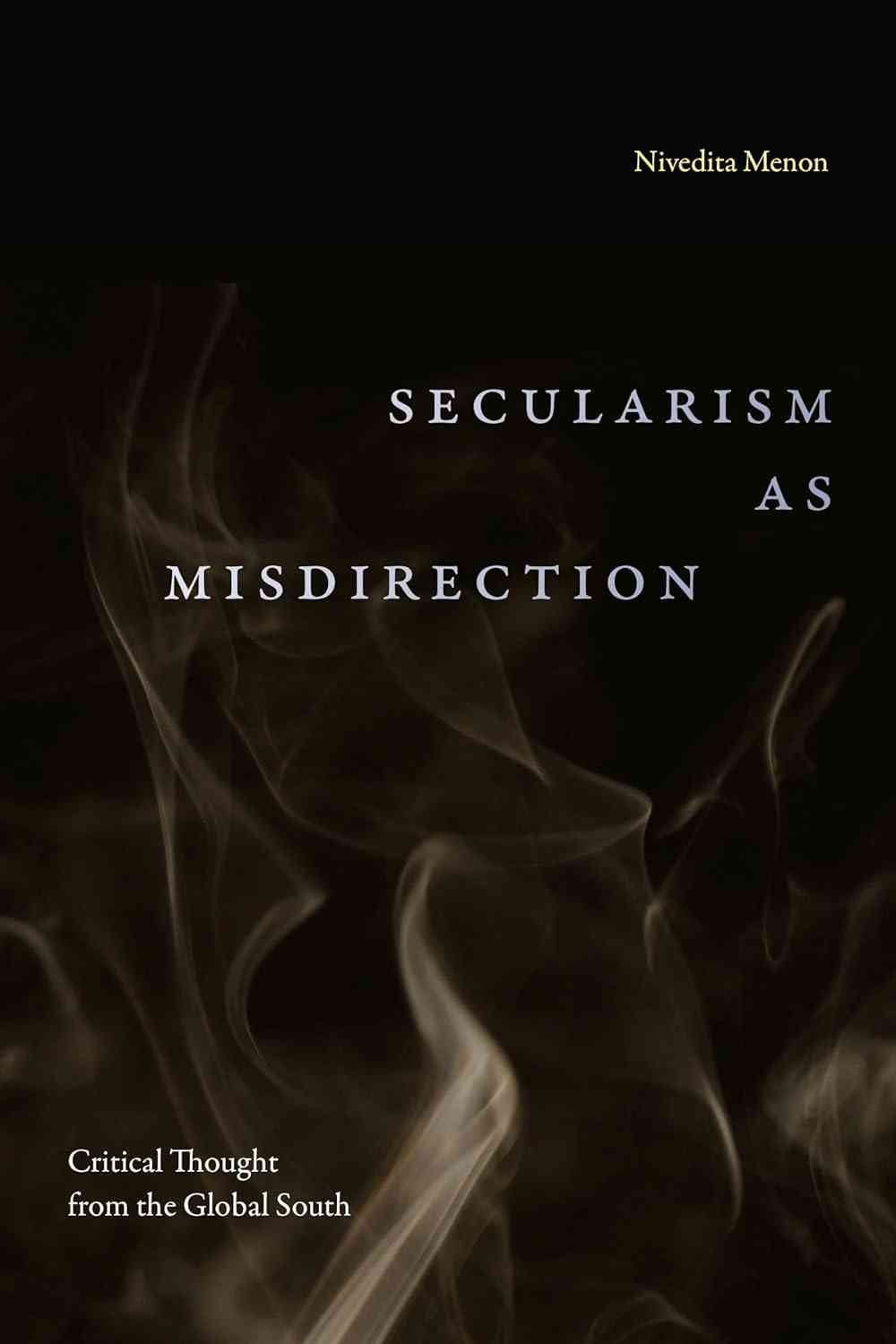

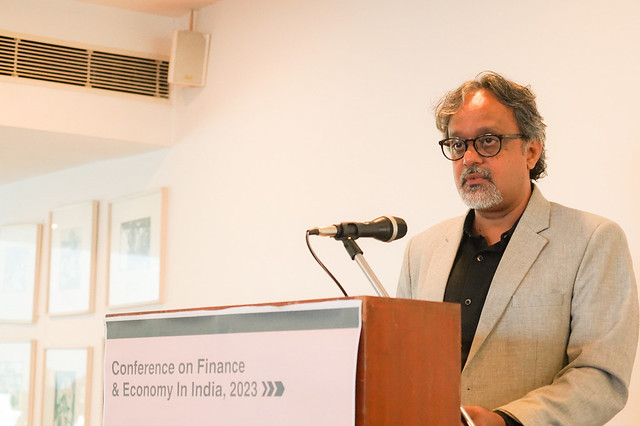




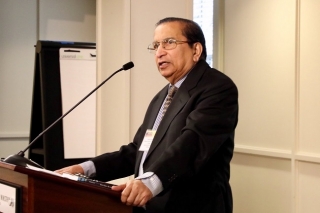
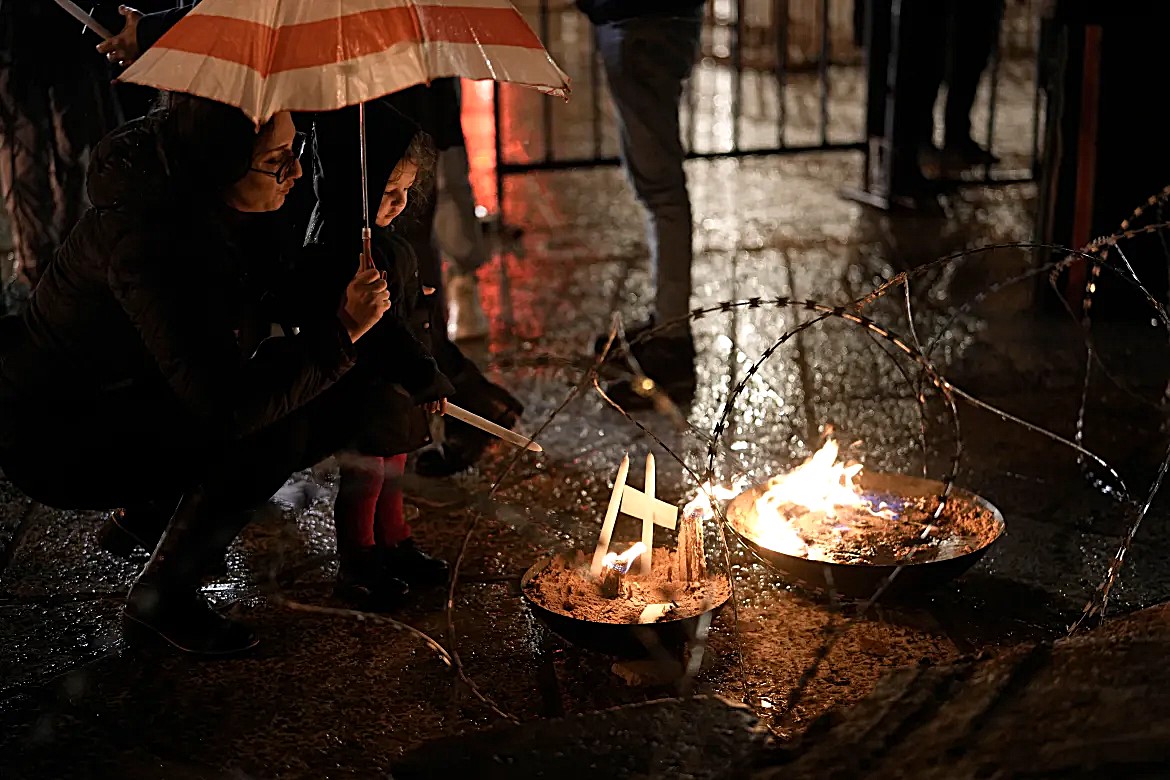

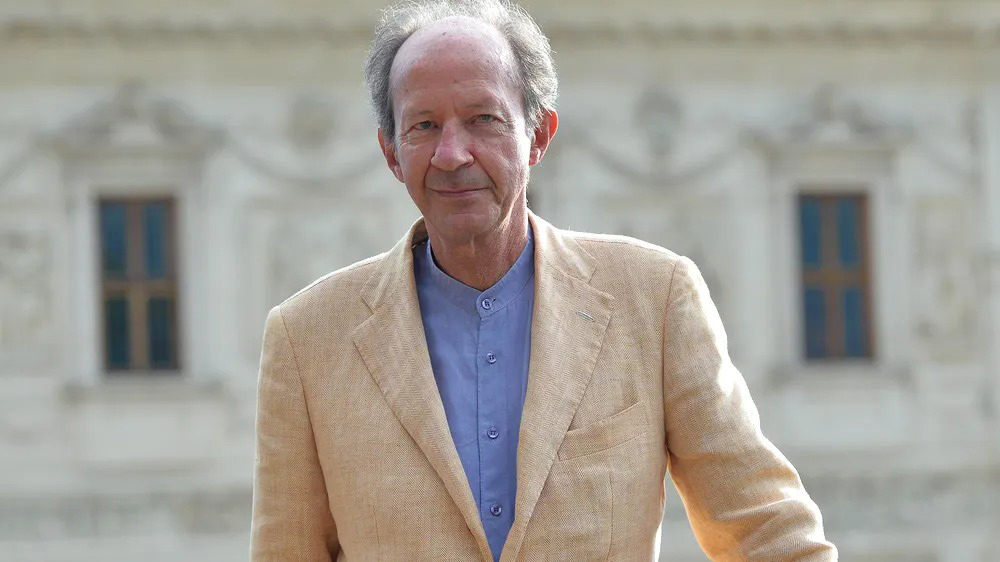
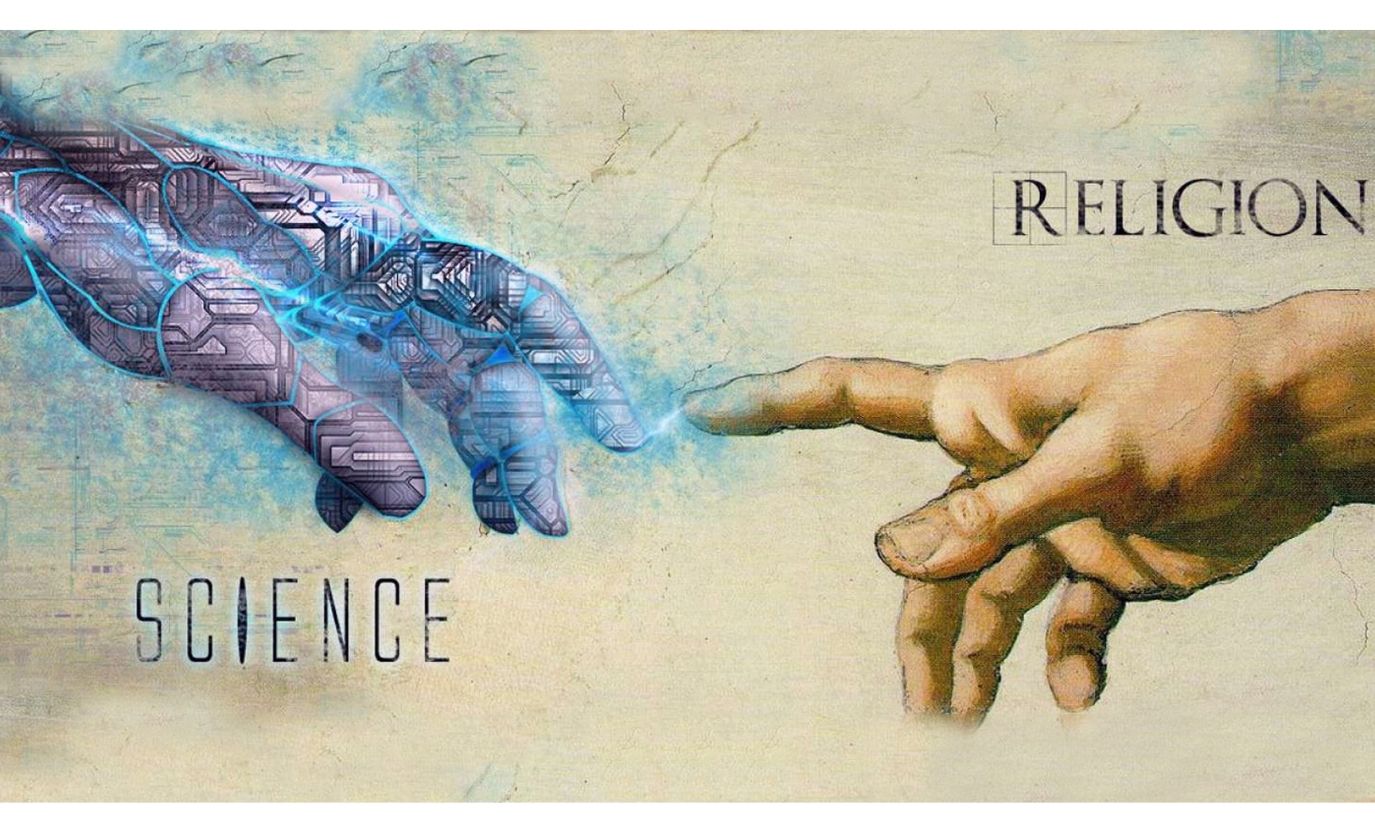
ddcdcdsc
cdsfds
2024-08-18